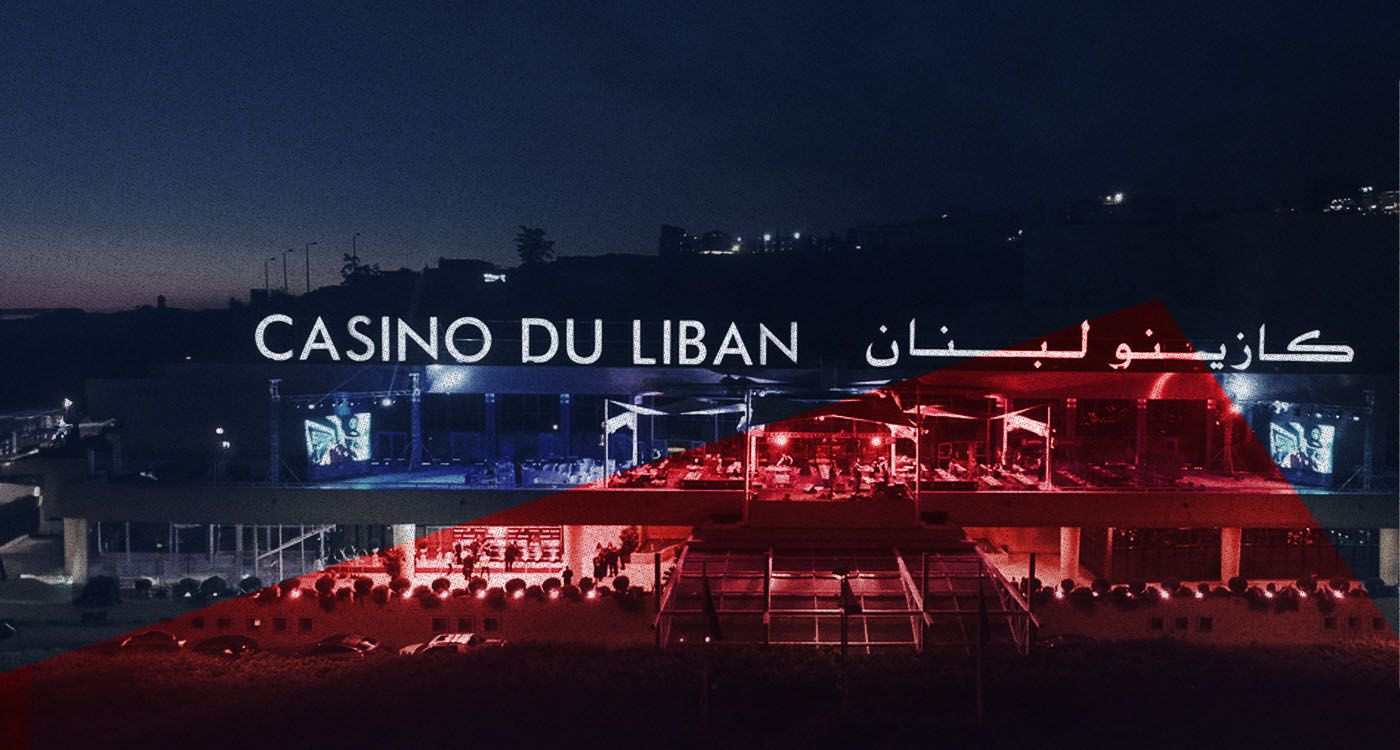
For decades a beacon of entertainment in Maameltein, Casino du Liban now finds itself at the heart of a storm of scandal and investigation. At the center of a sprawling probe—where suspicions of money laundering, illegal online gambling, political collusion and opaque financial schemes converge—the iconic casino has been entangled in a series of scandals since 2023.
But it was only in late June 2025 that the case took a dramatic new turn. Last Friday, acting financial prosecutor Dora el-Khazen issued a travel ban against Casino CEO Roland Khoury, marking the most significant escalation to date.
What’s at Stake?
On June 27, Magistrate el-Khazen formally barred Khoury—who has been publicly linked to the Free Patriotic Movement (FPM)—from leaving the country. Abroad at the time, Khoury quickly returned to Beirut, declaring his intention to fully cooperate with the investigation.
Following a search conducted on June 18 at the Casino’s headquarters—during which State Security agents seized servers and computers—investigators began to uncover the outlines of a much larger operation.
The scandal has roots in the unchecked rise of online gambling, which has flourished in recent years across Lebanon’s black market. Thousands of Lebanese, including minors, have accessed unregulated platforms with just a few clicks, wagering their limited incomes on illegal sites.
Amid this chaos, Casino du Liban sought to reassert control by launching its own digital platform in December 2022: Betarabia.com, operated by the local firm Onlive Support Services (OSS).
What was intended as a step toward regulation and oversight is now alleged to have opened the door to an entirely different reality. OSS stands accused of using its legal cover to channel funds to illicit gambling sites, generating substantial profits—untaxed and entirely outside the legal framework.
The Plot Thickens
As the investigation progressed, the case quickly expanded beyond its digital origins. By cross-referencing data seized at the Casino with information gathered during simultaneous raids on the offices of the money transfer company OMT, investigators uncovered a far more intricate network.
It allegedly reveals major fund transfers and questionable ties linking OSS, OMT and influential political circles, particularly the FPM.
The name of Gebran Bassil, the party's leader since 2015, reportedly appears frequently in internal investigation documents, alongside that of former MP Amal Abou Zeid. Both are suspected of orchestrating undeclared political financing networks, possibly using these channels to fund campaigns, especially in the lead-up to the 2026 parliamentary elections.
Beyond financial and political entanglements lies a fundamental legal question: Is Casino du Liban a purely private entity, or a semi-public institution subject to public procurement rules?
For CEO Roland Khoury, the matter has long seemed clear. He maintains that the Casino—majority-owned by the former Intra Bank, itself controlled by Lebanon’s Central Bank (Banque du Liban)—has never been subject to bidding requirements.
But according to Jean Ellieh, director of the Public Procurement Authority, that claim does not hold. Since the Casino contributes a share of its revenue to the state treasury, he argues, it effectively operates as a public service provider and is therefore required to follow transparency and tender procedures.
This controversy has revived scrutiny over how OSS was awarded the digital gambling contract. A tender was launched in June 2020, attracting several bidders. However, many were disqualified following intervention by the Israel Boycott Office, which flagged alleged direct ties with Israeli entities.
Although OSS ultimately secured the contract, questions remain: Could the company be indirectly connected to blacklisted firms? Even if Lebanese law does not explicitly ban such second-degree affiliations, in a politically sensitive environment, even the suspicion of a link casts a shadow over the project’s legitimacy.
Since then, the judiciary has worked to unravel what appears to be a deeply opaque system that operated with impunity. The seized servers are now under review by financial and IT experts tracing the flow of suspicious transactions.
Meanwhile, the Casino’s contract with OSS has been referred to the Court of Accounts, which will determine its legality.
In Parliament, a draft law aiming to regulate online gambling is under review amid heightened concerns over public security and social impact.
Amid political complicity, dubious financial schemes and blurred lines of responsibility, one question looms: Will Lebanon’s judiciary see the case through to the end this time?



Comments